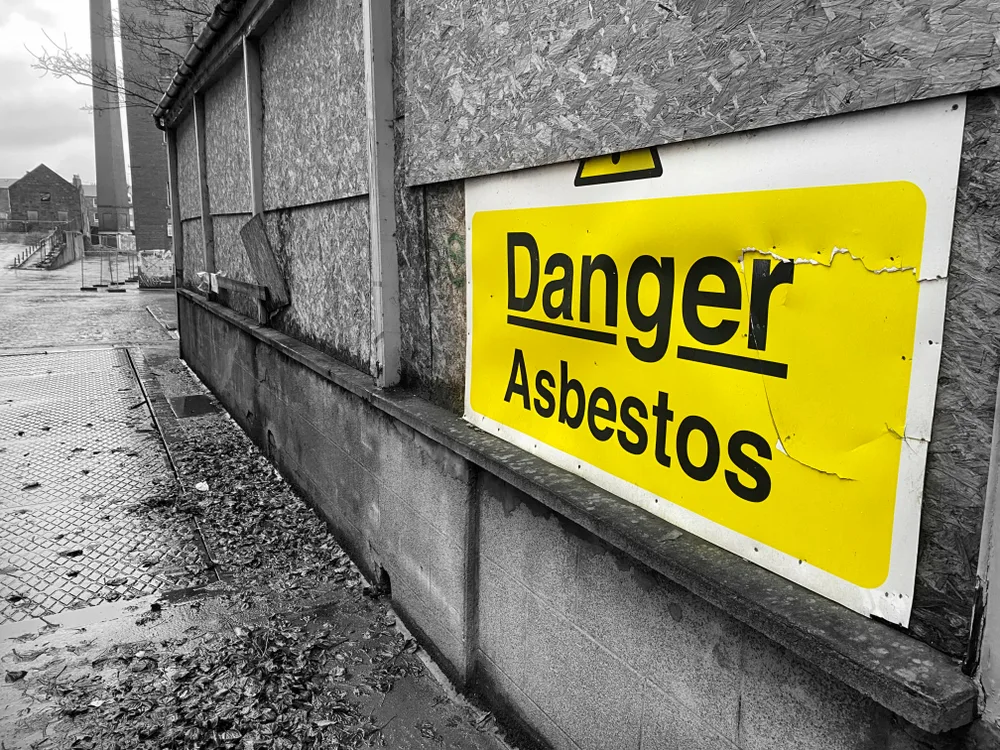For millions of Americans dealing with gastroesophageal reflux disease (GERD), Zantac (ranitidine) was a familiar medication prescribed by doctors to alleviate their symptoms. But in 2019, the Food and Drug Administration (FDA) announced the prescription drug contained low levels of a nitrosamine impurity called N-Nitrosodimethylamine (NDMA). Nitrates commonly found in the food and medications we consume may react with stomach acid to form multiple carcinogenic chemicals like NDMA or N-Nitrosodiethylamine (NDEA). Based on results from laboratory tests, NDMA is one of the few well-known carcinogens found in medications.
Produced by Glaxo Holdings Ltd., a company that is now a part of GlaxoSmithKline PLC, ranitidine is an H2 (histamine-2) blocker that decreases the amount of acid created by the stomach. The drug was available over the counter (OTC) to treat heartburn and by prescription to treat stomach and intestinal ulcers and GERD. Ranitidine was approved by the FDA and available to patients in 1983.
Pfizer—along with several other pharmaceutical companies—began manufacturing a generic version of the drug in 2004. However, by April 2020, the FDA requested the removal of all ranitidine drugs from the market due to concerns about NDMA.
“Ranitidine, the generic form of Zantac, was found to biodegrade into NMDA in higher than acceptable levels,” says Inna Husain, an assistant professor in the Department of Otorhinolaryngology at Rush Medical College.
NDMA is a yellow, volatile, combustible and oily liquid nitrosamine. Although small quantities of NDMA are produced in laboratories for research, we can also find it in the foods we eat. When cured meats and fish that contain sodium nitrate are cooked, a chain of chemical reactions can produce NDMA. It is also present in several vegetables, cheeses, fruits and alcoholic beverages. When consumed in low levels, as is typically the case with food and water, NDMA does not pose a substantial cancer risk. However, increased and sustained exposure to the substance poses a higher cancer risk in humans.
According to a study published by the National Library of Medicine, ranitidine may be stored for seven days at room temperature or up to 30 days when stored at 39 degrees Fahrenheit. FDA testing and evaluations indicate that even when stored in accepted conditions at “safe” temperatures, NDMA levels increase in ranitidine over time. Additionally, NDMA levels were found to increase substantially when stored at higher temperatures—a likely reality when accounting for transportation and temporary storage of the drug by consumers. The FDA confirmed that the older a ranitidine product is, the greater the levels of NDMA.
In 2019, the first class-action lawsuits were filed against the French multinational pharmaceutical company Sanofi and the German pharmaceutical company Boehringer Ingelheim for manufacturing Zantac. The lawsuit alleges that both companies knowingly manufactured and sold the drug despite the well-known carcinogenic risk it poses to humans. The plaintiffs claimed the drug was responsible for their bladder, pancreatic, esophageal and testicular cancer diagnoses.
Valisure, a pharmaceutical company dedicated to testing the quality of pharmaceutical drugs, published a report in 2019 that found up to 3 million nanograms of NDMA in Zantac tablets, despite the FDA’s acceptable limit of 93 nanograms.
In a statement released last year, Janet Woodcock, director of the FDA’s Center for Drug Evaluation and Research, explained the administration’s decision to remove the OTC and prescription drug from the U.S. market:
“The FDA is committed to ensuring that the medicines Americans take are safe and effective. We make every effort to investigate potential health risks and provide our recommendations to the public based on the best available science. We didn’t observe unacceptable levels of NDMA in many of the samples that we tested. However, since we don’t know how or for how long the product might have been stored, we decided that it should not be available to consumers and patients unless its quality can be assured.”
For millions of Americans who may be concerned about NDMA exposure after taking ranitidine, some health care professionals recommend that patients continue to stay on top of regular preventative screenings and appointments.
“If you have a history of GERD and reflux previously controlled by Zantac, and now you have symptoms such as dysphagia, heartburn, indigestion, unexplained weight loss, chronic sore throat, or painful swallowing, I would recommend you follow up with a gastroenterologist,” Husain advises.
For the nearly 20 percent of Americans still struggling with GERD, ranitidine and proton pump inhibitors (PPI) like Prilosec, Prevacid and Nexium, have historically been the primary treatment options doctors recommended. With increasing concerns about the link between NDMA and cancer and the possible side effects (abdominal pain, osteoporosis, B12 deficiency, etc.) from taking PPIs, relying on more natural remedies to quell less severe cases of acid reflux is becoming a more attractive option.
Consuming a healthier diet by cutting out caffeine, alcohol, spice, carbonated drinks and fatty foods can help combat acid reflux. Drinking plenty of water, exercising daily, maintaining a healthy weight and avoiding late-night meals will also help minimize the risk. Although anyone can develop acid reflux, those more likely to experience it are those who are overweight, taking certain medications, pregnant or smoking. Prolonged exposure to secondhand smoke also increases the risk of developing acid reflux.
If you or a loved one is experiencing prolonged gastrointestinal symptoms after taking Zantac and have been diagnosed with cancer, you should consult with an attorney to explore your legal options. You may be eligible for legal compensation.
See the full FDA recall notice.



